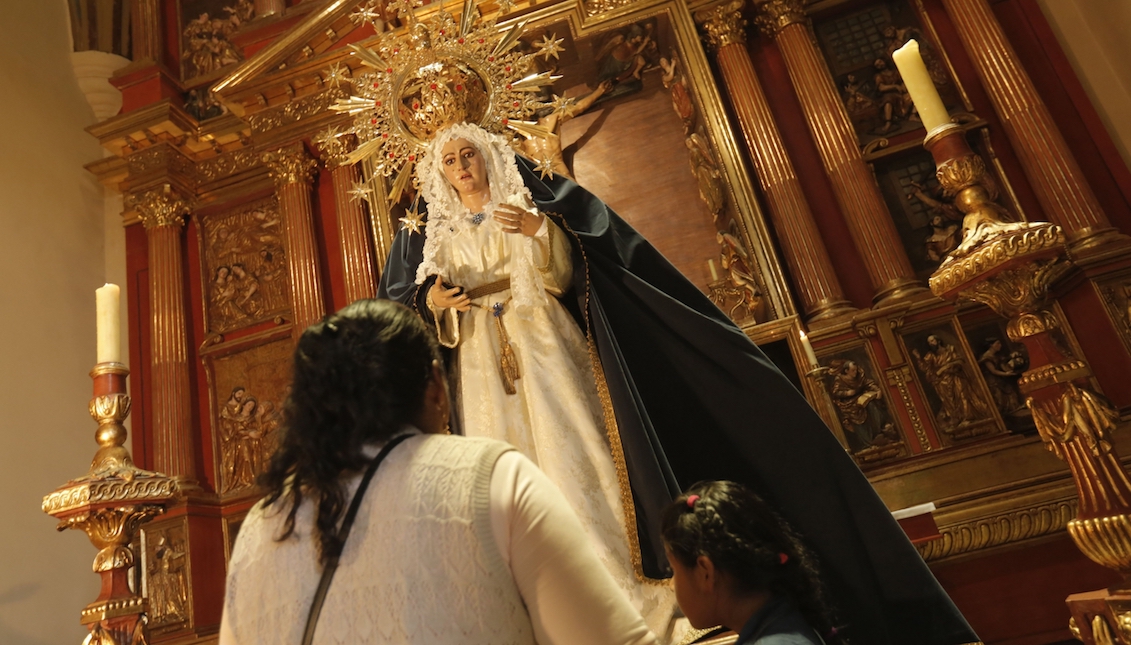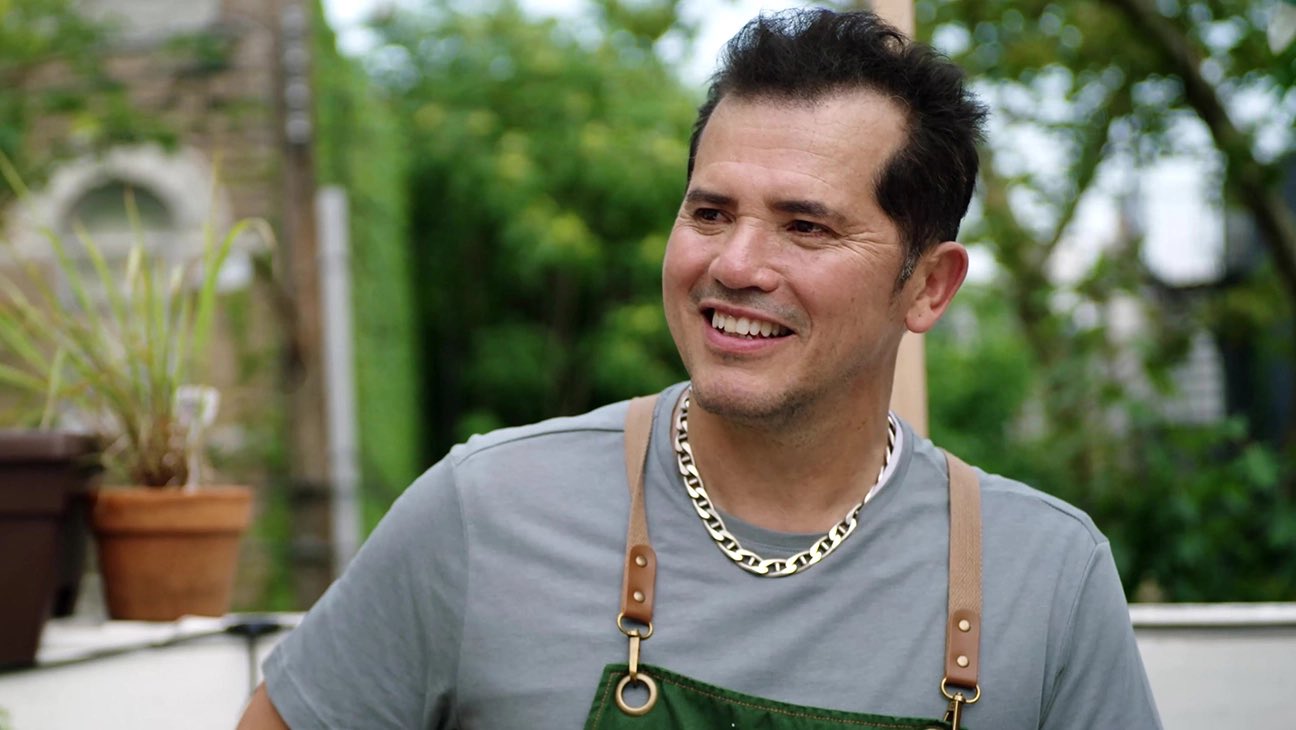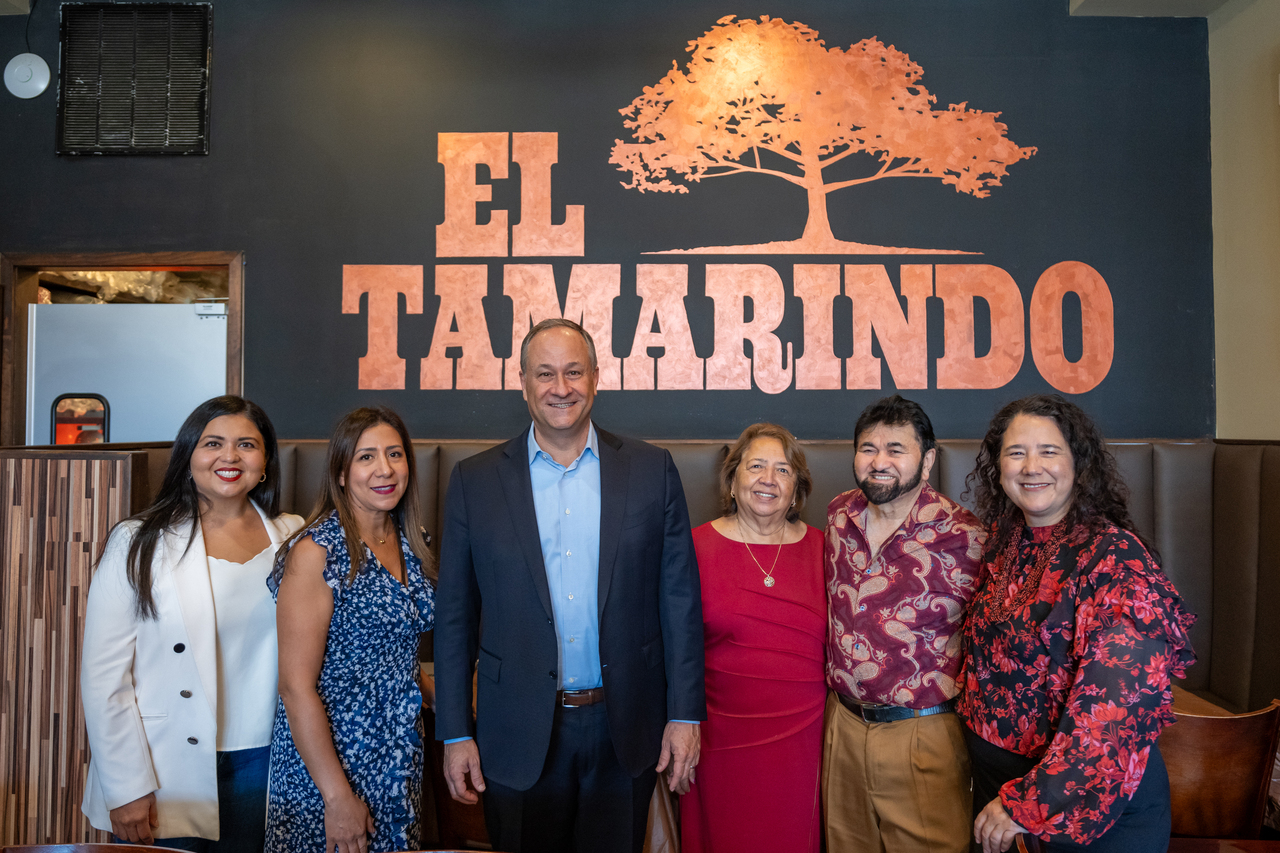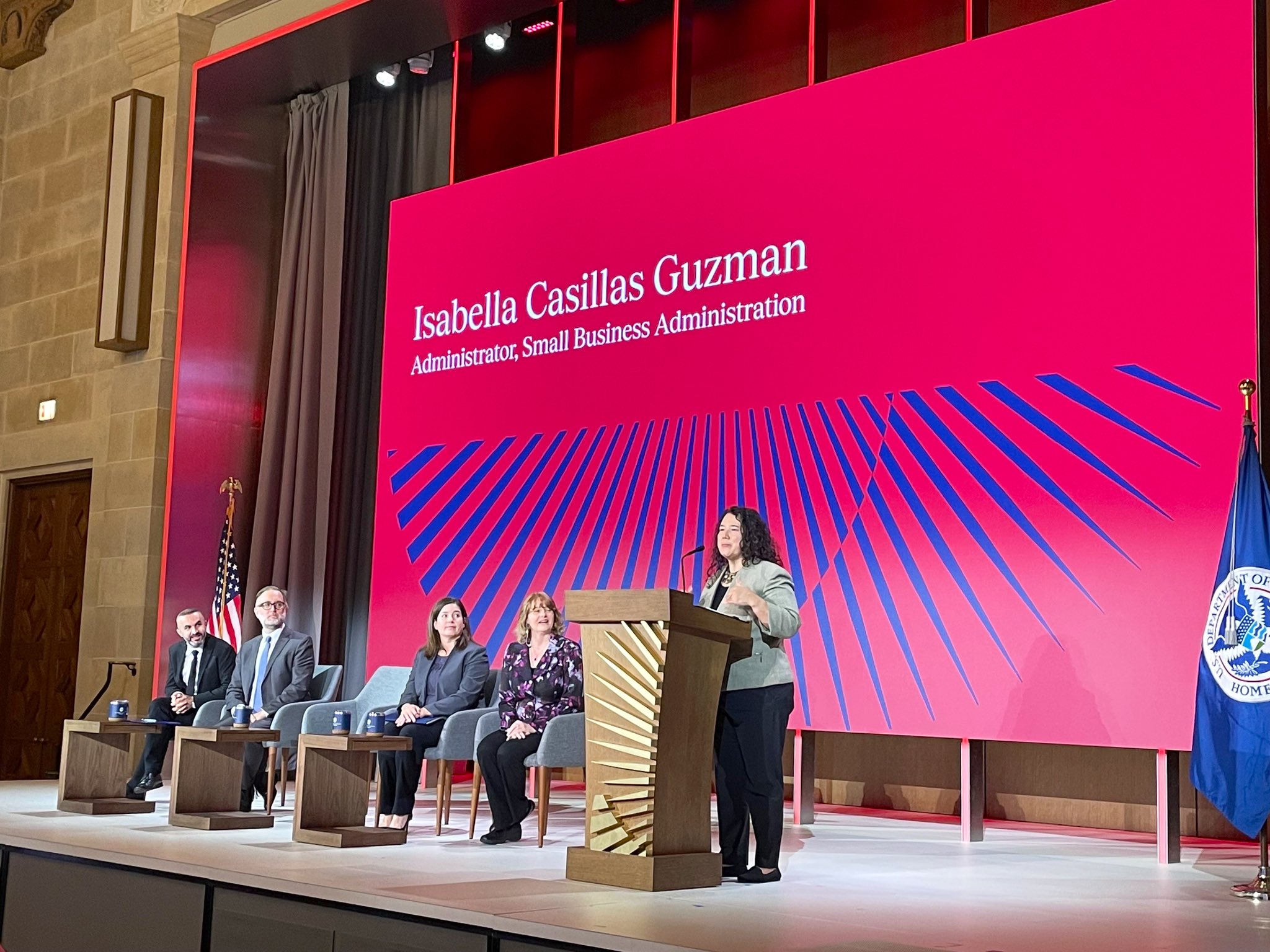
Latinos and Abortion: the endless discussion between legislation and faith
Myths, cultural constructs, and contradictions dominate the way in which the Latin American community addresses the issue of abortion.
When a Latin American woman becomes pregnant, she faces a number of possible scenarios: from the idyllic state of the young woman who marries her “Prince,” therefore complying with the social and religious norms established by the community and the biblical mandate of "be fruitful and multiply” - which is not always the case - to the teenager who realizes her she has missed her period after a sexual encounter.
But, we cannot forget that pregnancy requires a series of physical, psychological and social changes in addition to many responsibilities that entail a state of integral health in the mother to bring the pregnancy to fruition. Sadly, this is not the reality for many of our women.
The legalization of abortion hs surfaced as the most heated topic of the decade in Latin America - with the exception of Cuba, where it’s been legal since 1965 - generating a movement for a woman’s right to make decisions over her own body.
In countries such as Uruguay, Mexico, and Chile, abortion has been approved only in certain cases; while in Argentina, Brazil, Peru, and Colombia, where laws for decriminalization are constantly being discussed, fundamentalist religious tenants continue to hinder the flow of these decisions and even generate a critical polarization in the population and in the political spheres, just as we see these days in the U.S.
In Latin America, Spanish colonization left grooves in our social, economic and political life that transcended our independence.
The Christianization of native people marked, in the 21st century, many of the decisions taken at the individual, familiar and even governmental level; for example, the decriminalization of abortion has deep roots in religious mandates.
For a Latina woman, abortion is not an easy step.
Thinking about it does not only involve the reasoning that the son or daughter to come can be a burden for the mother’s professional advancement or the development of her personal projects.
There are other issues that keep her awake at night, like facing motherhood in a strange country, without the financial resources to provide that child with a quality of life; the absence of family or partner support; having more children sometimes from different fathers; social punishment for being a single mother; and, more frequently, being a teenager or conceiving in conditions of sexual violence.
Having a chronic illness that merits permanent treatment, being an HIV carrier, a high-risk pregnancy that could endanger your life or that of the baby, and congenital malformations that threaten your child's health can also be causes to consider an abortion as an option.
Unfortunately, women who face these situations and find themselves in a dilemma as they consider abortion, burdened by the social, religious and legal implications, are not uncommon.
RELATED CONTENT
It is even harder still to get over the blame if you’re one of those who at some point underwent an abortion and carry the penalty of having committed “the greatest sin." Some women even forgo motherhood in the future as "punishment" for having "murdered" their son or daughter.
Although some studies speak of the generational change in the position that Latinos have in relation to abortion - especially second-generation migrants in the U.S. - we cannot ignore the fact that Latino women carry a fairly rigid social structure and values on their shoulders that are deeply rooted in religion.
And even if she moves to a different country and acquires new customs and ways of life, it’s still not easy for her to get rid of cultural factors transmitted by generations and fight against prejudices that most of the time only bring suffering.
The visible face of the legislation against abortion is the defense of the fetus’ right to life without taking into account the other side of the coin: the mother, without listening to her voice, ignoring the details of her situation and the reality she endures.
Promoting rigid laws that limit the access to abortion or simply banning it will only encourage the increase of this practice in a clandestine way, putting at risk the health and life of the women who seek a solution, most of the time in the hands of unprofessional facilities.
The statistics in Latin America are very clear: the percentage of unsafe abortions is higher in countries with greater legal restrictions.
The World Health Organization recommends replacing the criminalization of abortion with the promotion of sexual and reproductive health as a way to reduce maternal mortality.
So education for responsible sexuality, proper use of contraception and legislation on safe abortions are recommendations that promote maternal and child health, not the other way around.










LEAVE A COMMENT:
Join the discussion! Leave a comment.